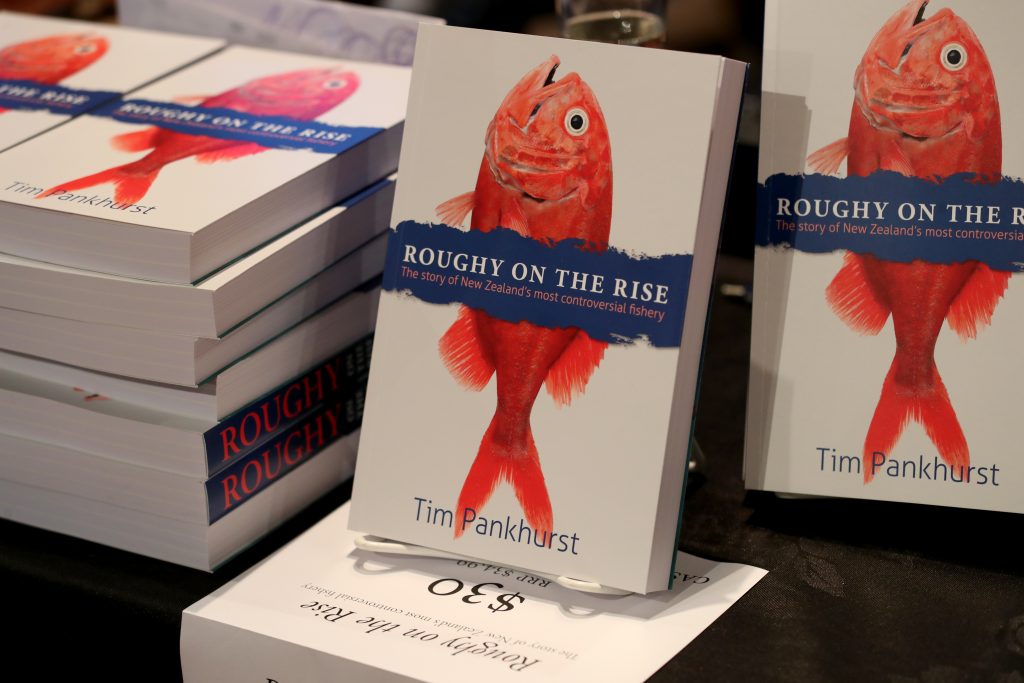New Zealand fishers call for fact-based decisions on trawling
| New Zealand deepwater fishing representatives say a petition by eNGOs delivered to Parliament’s environment select committee today calling for a ban on trawling seamounts is misinformed. Deepwater Group CEO George Clement says: “It’s frustrating hearing certain groups espousing mis-truths about bottom... more... 2018 Posts:For those inspired by stories of the Kraken, here’s one for you. 20192019...The definitive word on the leaked fisheries reports from MPIThe definitive word on the leaked fisheries reports from MPIPublished: 1 June 2018 The Ministry for Primary Industries (MPI) has announced that it is releasing historical reports dealing with compliance risk profiling of the southern blue whiting fishery. In this video, MPI's manager of compliance investigations, Gary... Fisheries New Zealand launchedFisheries New Zealand launchedPublished: 16 May 2018 The newly launched Fisheries New Zealand (FNZ) will focus on stakeholder engagement and innovation.
That was the message from the business unit’s new head Dan Bolger and Fisheries Minister Stuart Nash at the launch... Ocean Bounty season two underwayOcean Bounty season two underwayPublished: 16 May 2018 Ocean Bounty, an hour-long documentary series on commercial fishing, began its second season on 13 May. It's a 13 episode series that screens on Three at 5pm each Sunday. Hosted by Graeme... Majority of New Zealand’s wild-caught seafood MSC certified as sustainableMajority of New Zealand’s wild-caught seafood MSC certified as sustainablePublished: 14 May 2018 With half of New Zealand’s total seafood production certified to the Marine Stewardship Council’s (MSC) sustainability standard and 70 percent of the deep water catch certified, New Zealand’s Deepwater Group (DWG) welcomes yesterday’s inaugural... OpenSeas playbook launchedOpenSeas playbook launchedPublished: 24 April 2018 OpenSeas has released a playbook on the programme. The comprehensive guide aims to help New Zealand seafood companies understand the range of tools available and find ways to best utilise the programme within their businesses. Southern blue whiting TACC gets big bumpSouthern blue whiting TACC gets big bumpPublished: 24 April 2018 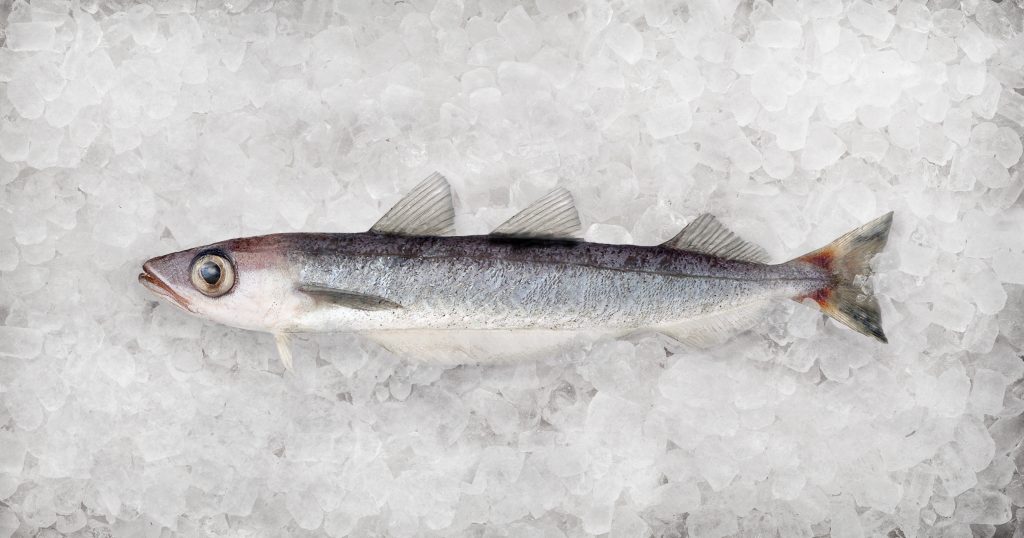 Fishing for southern blue whiting at the Bounty Platform has been given a significant boost. The Total Allowable Commercial Catch (TACC) for SBW 6B has been... DWG collaborates with DOC to conserve sea lionsDWG collaborates with DOC to conserve sea lionsPublished: 26 March 2018 Scientists are using GPS technology and remote cameras to help them to better understand how to prevent New Zealand sea lion pups dying on Campbell Island. They also tested the use of a drone to count sea... Fishermen endorse Industry Code of ConductFishermen endorse Industry Code of ConductPublished: 26 March 2018 Commercial fishermen have reinforced their support for the industry Code of Conduct. The code was developed by Seafood New Zealand and endorsed by New Zealand’s major fishing companies to reinforce last year’s Promise media campaign. The code is being taken... New technology deployed to prevent sea lion pup deathsNew technology deployed to prevent sea lion pup deathsPublished: 23 February 2018 Scientists from the Department of Conservation (DOC) and Deepwater Group (DWG) say GPS technology and remote cameras are helping them better understand how to prevent sea lion pups from dying on the subantarctic... Sage wants NZ sea lion decline reversedSage wants NZ sea lion decline reversed(reposted from the NZ Herald) 22 February 2018 /arc-anglerfish-syd-prod-nzme.s3.amazonaws.com/public/IGJAGEDRDFCMRITH52OSRXD2BE.jpg) more... more...
MSC making changesMSC making changesPublished: 21 February 2018 The Marine Stewardship Council (MSC) is constantly reviewing and refining its standards and certification requirements. Deepwater Group is an active participant in these reviews and, alongside others from MSC-certified fisheries, is focussed on ensuring any changes are backed by science and... Environmental organisations unsure how science worksEnvironmental organisations unsure how science worksPublished: 21 February 2018 Recent attacks from environmental organisations on the Marine Stewardship Council (MSC) and New Zealand’s seafood industry have reached a new level of banality and predictability. As MSC continues to succeed and to certify more and more of the well... Seafood industry welcomes considered approach to cameras on vesselsSeafood industry welcomes considered approach to cameras on vesselsPublished: 14 February 2018
|
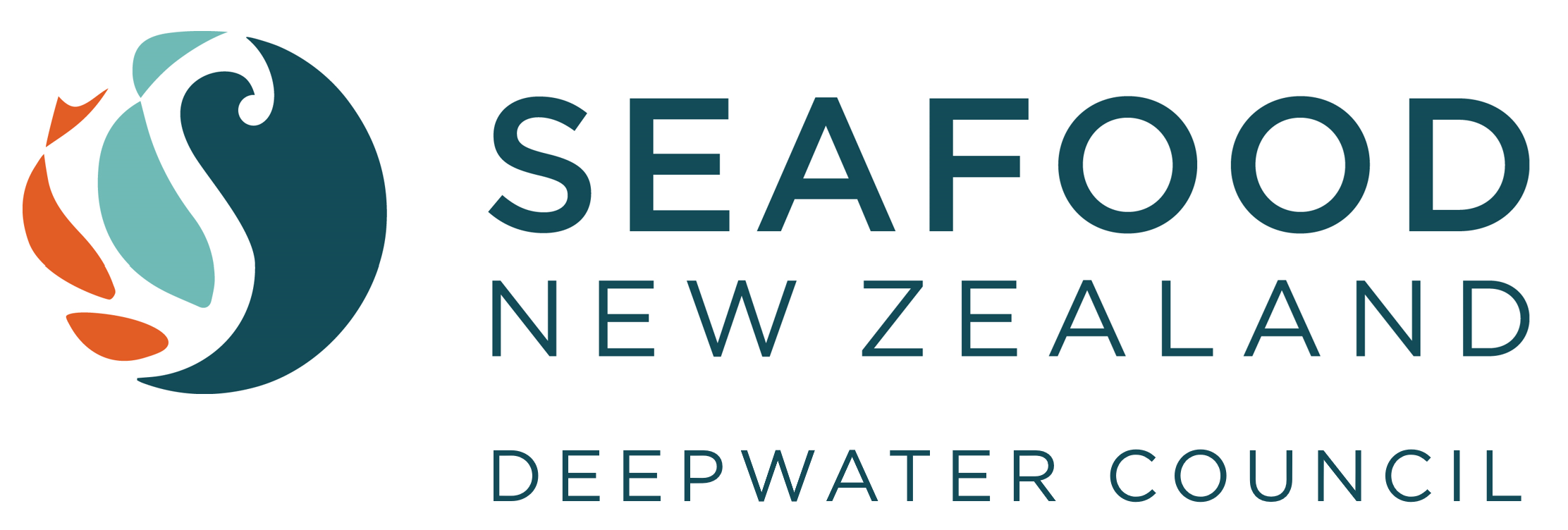
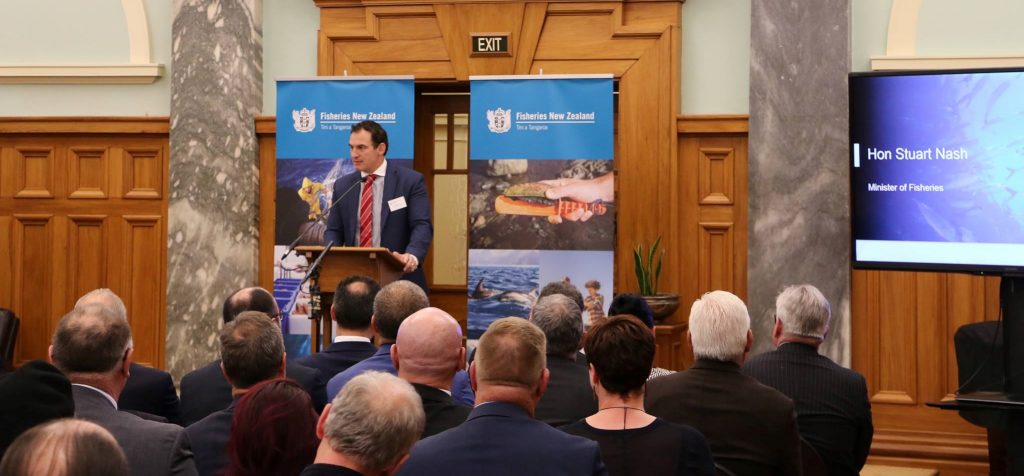
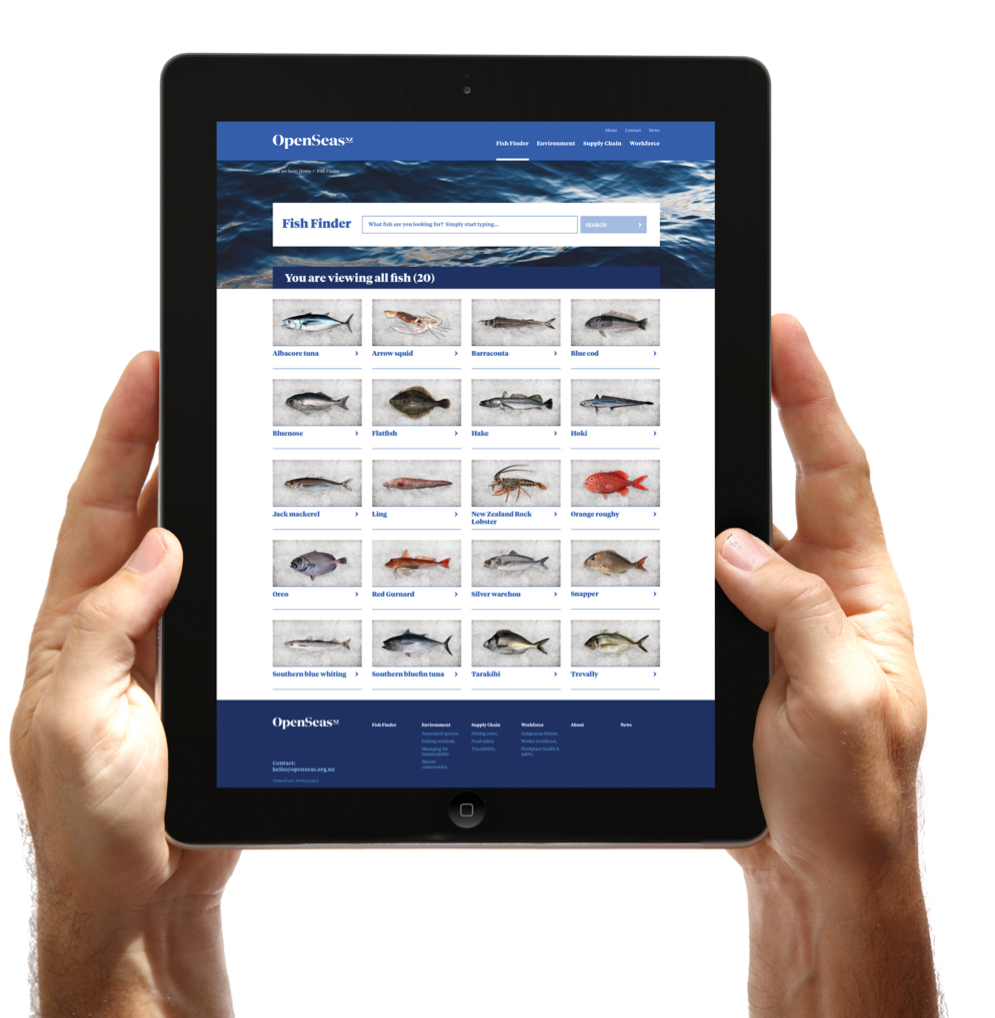
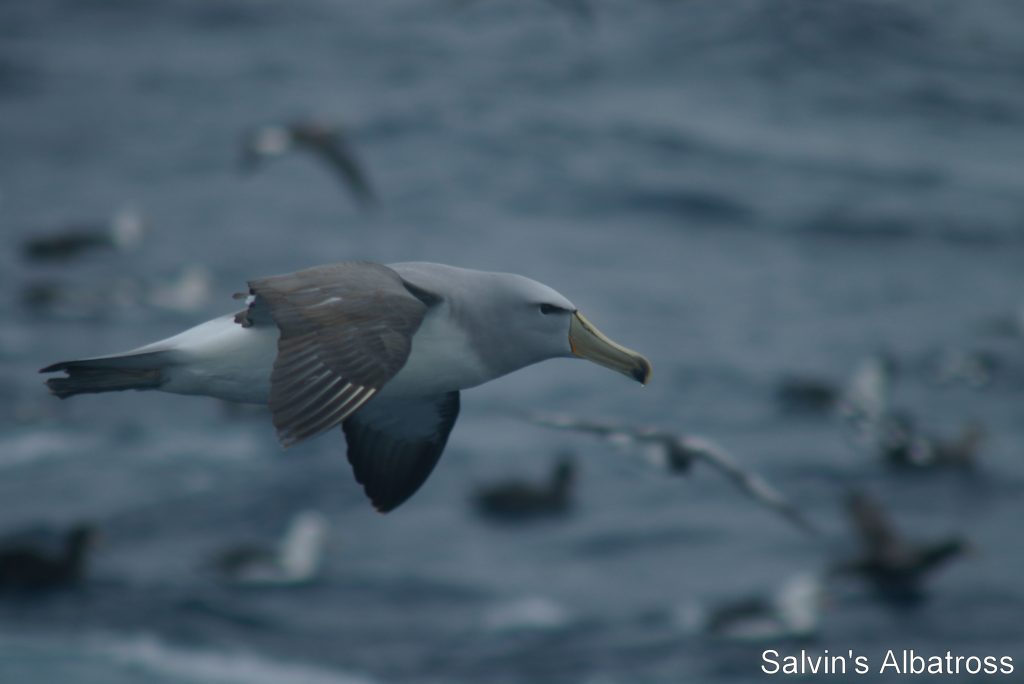
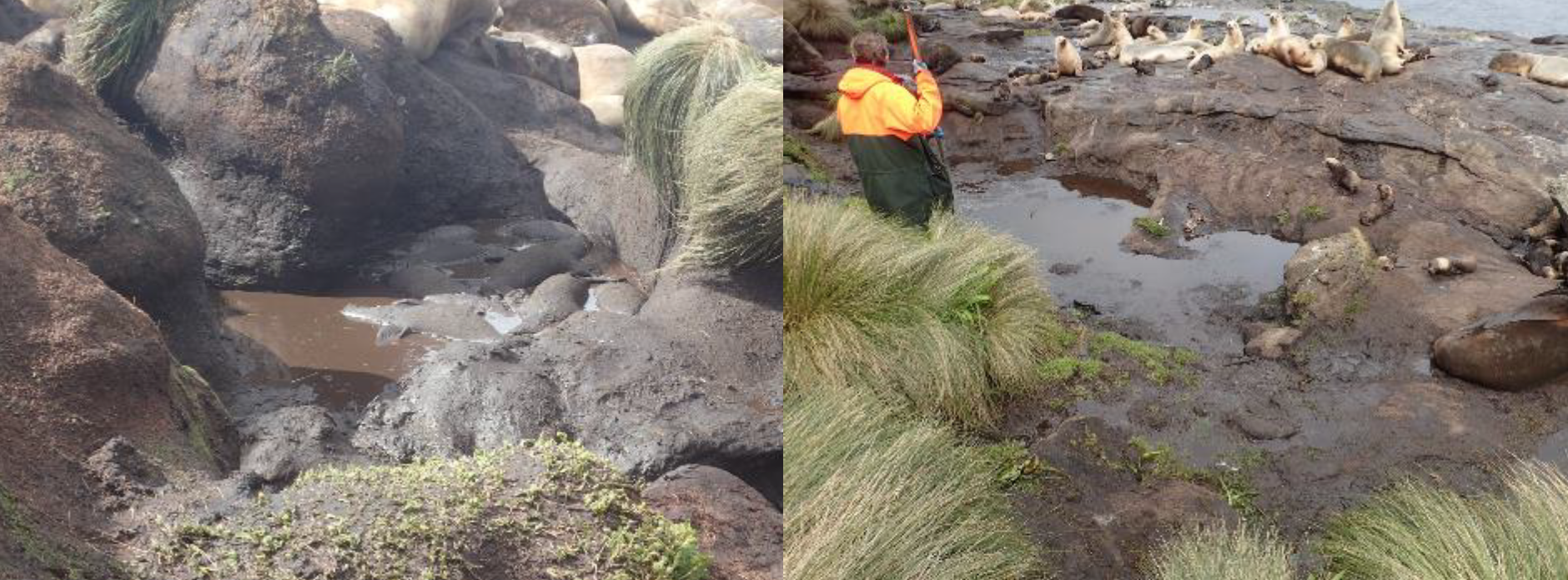
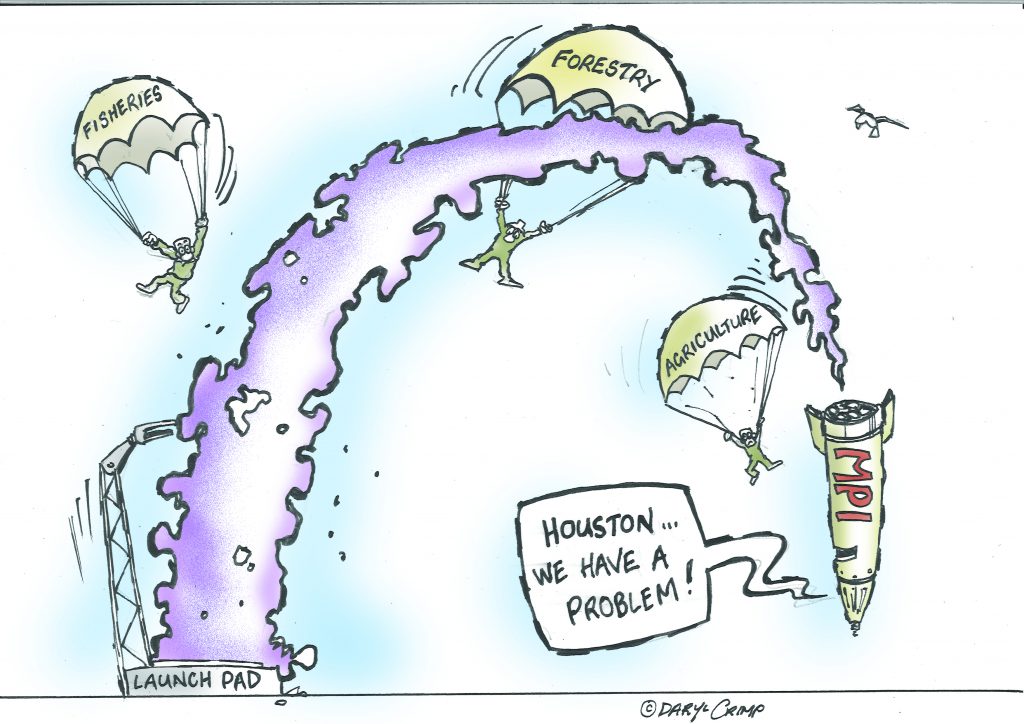
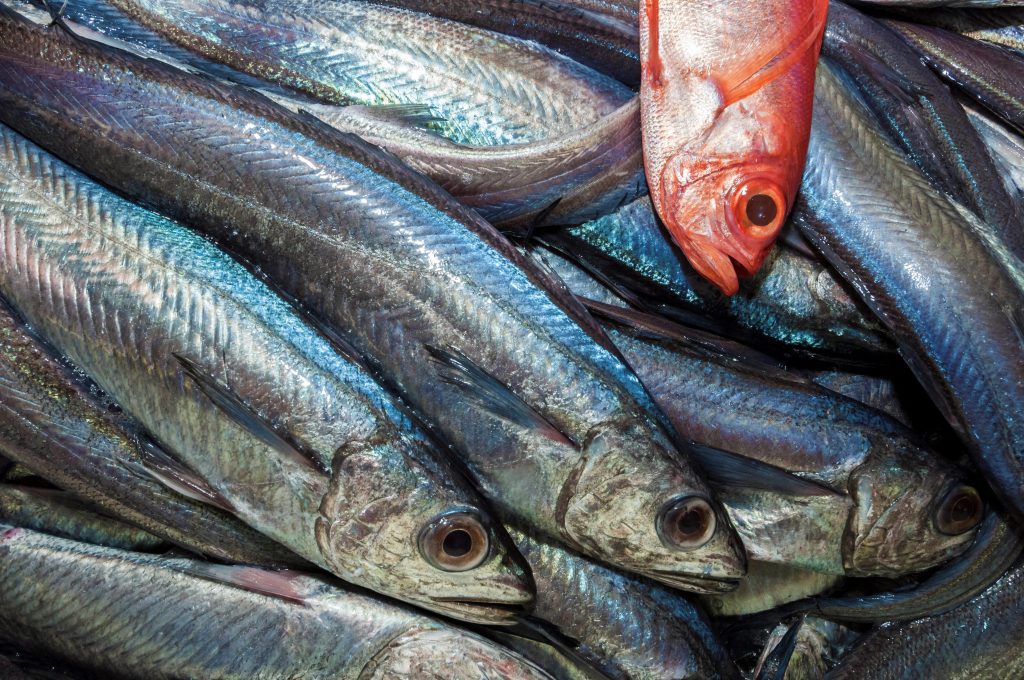 Photograph by Peter Marriott/NIWA[/caption]
Photograph by Peter Marriott/NIWA[/caption]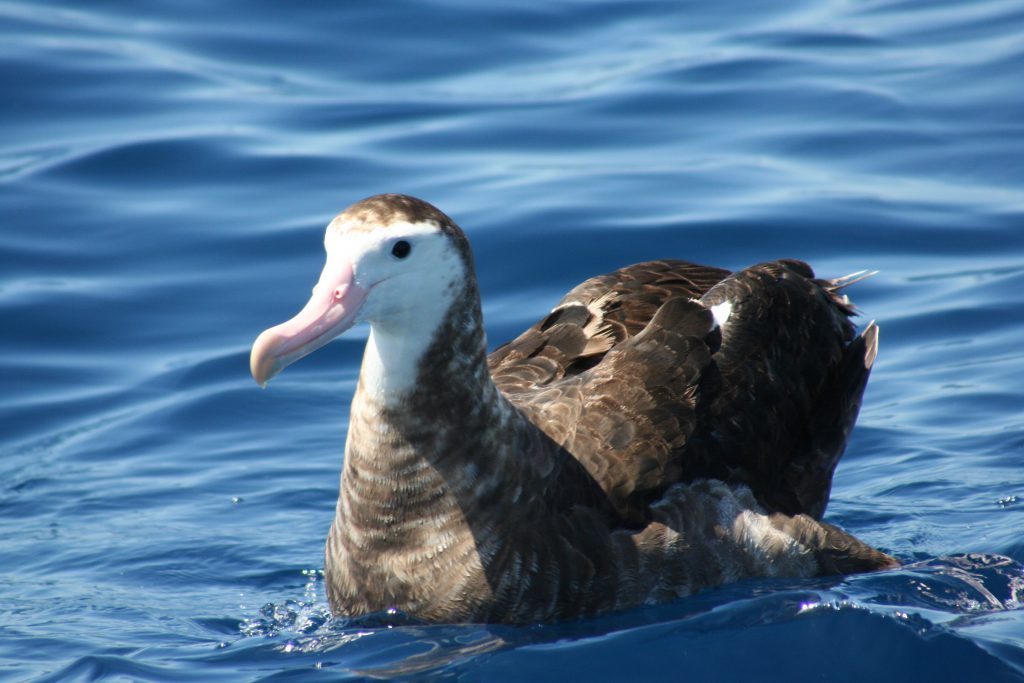
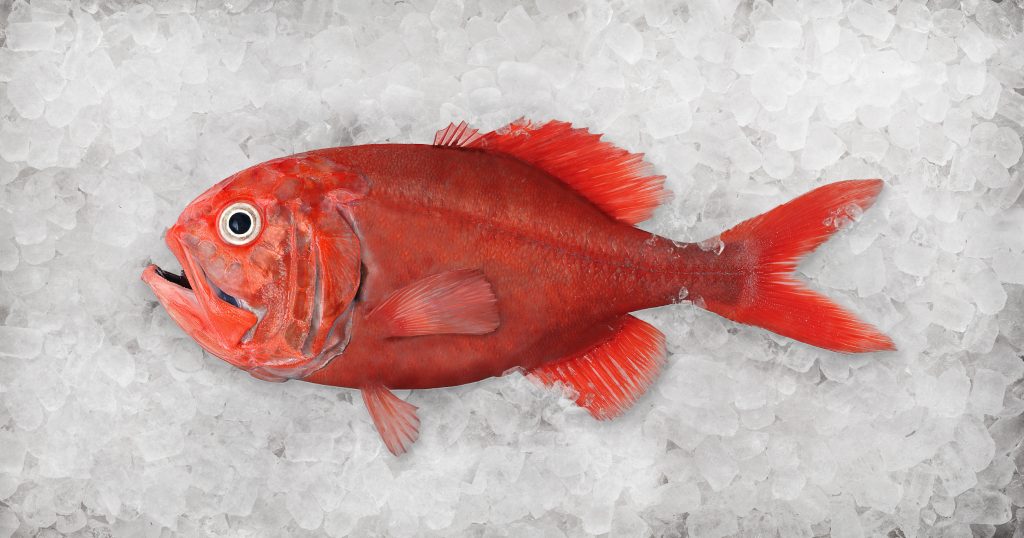

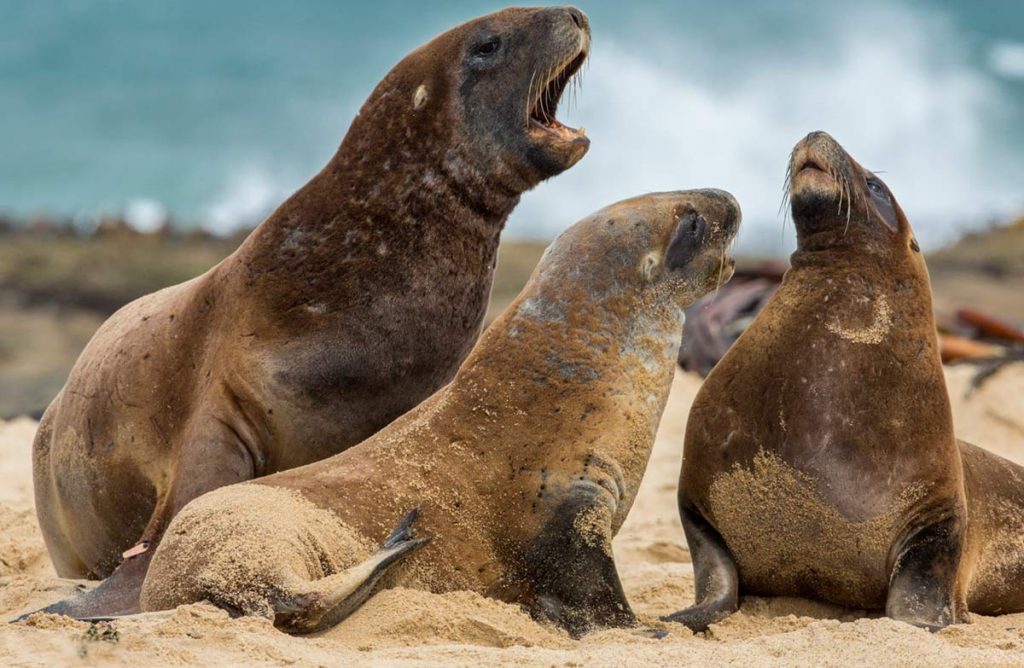
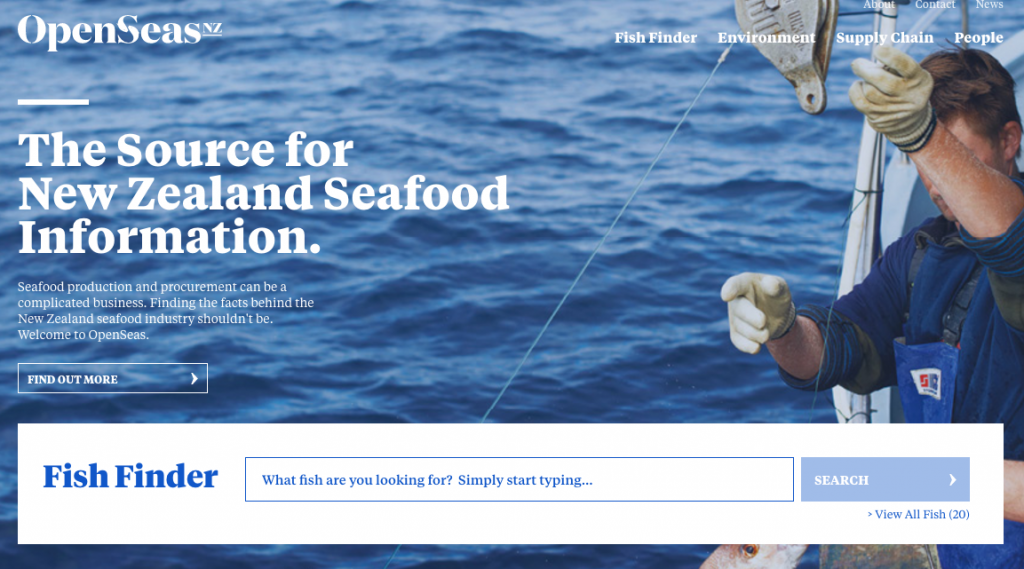
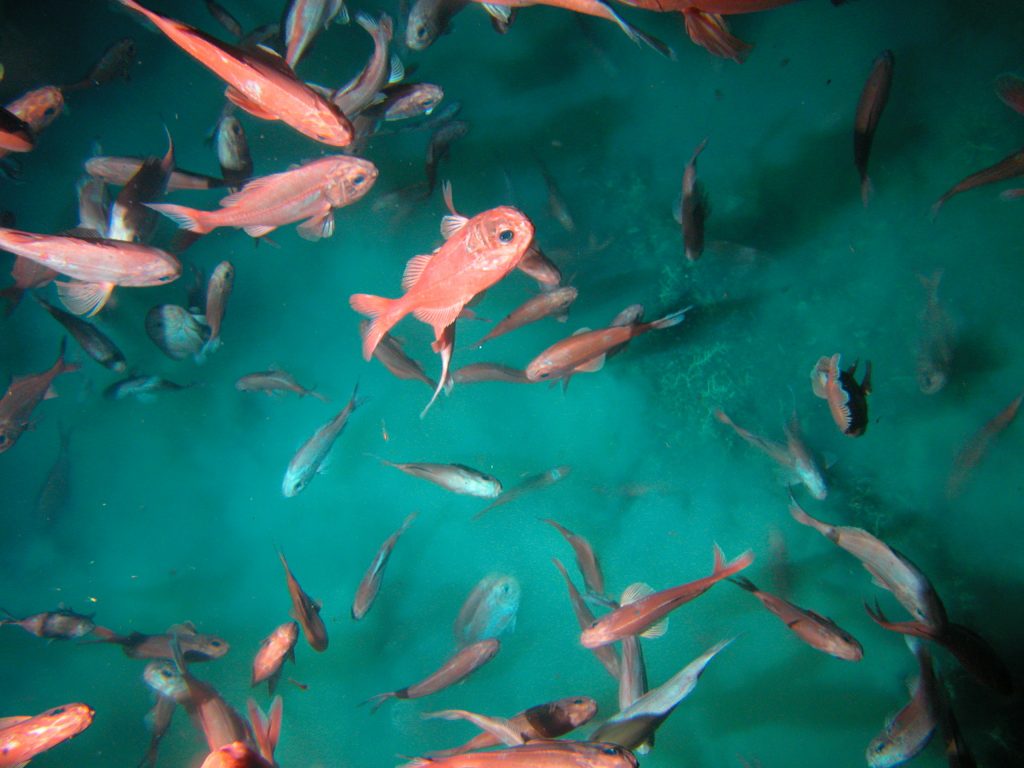
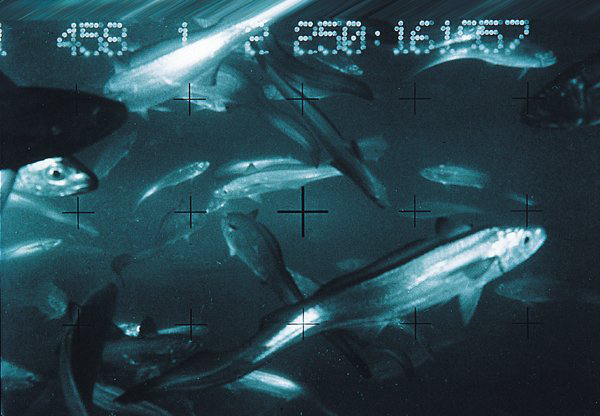
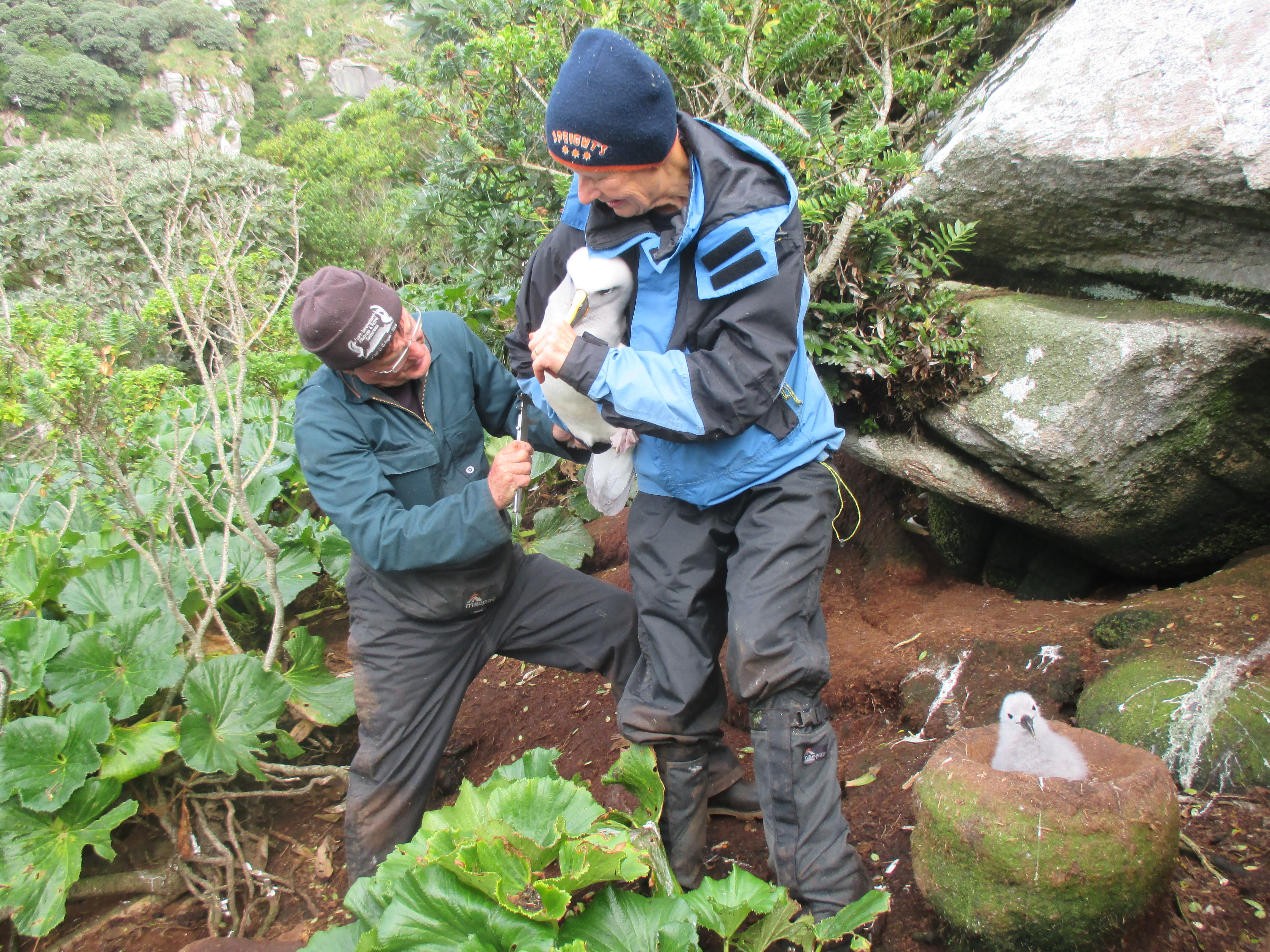 An annual southern Buller's albatross census on the Snares Islands has been successful with more breeding pairs counted and banded.
An annual southern Buller's albatross census on the Snares Islands has been successful with more breeding pairs counted and banded.